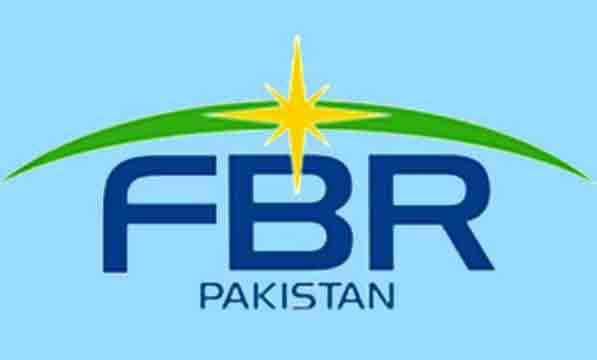Karach:Federation of Pakistan Chambers of Commerce & Industry (FPCCI) has proposed to the Federal Board of Revenue (FBR) to reduce the tax rates to help increase competitive edge of indigenous products in both local and global markets; broadening of tax base; curtail parallel economy etc., as high tax rate provide incentives for tax evasion and corruption and results in high cost of doing business.
The proposal is a part of the FPCCI presentation being prepared under the Chairmanship of Syed Mazhar Ali Nasir, Sr. Vice President, FPCCI and would be presented by the FPCCI to the high echelon of Ministries of Finance and Commerce and FBR for incorporation in the Federal Budget 2018-19. It disclosed that out of more than 4 million NTN holders, the number of tax filers were 2.1 million in 2006-07 which declined to 1.57 million in 2011 and 1.39 million in 2017. “This shows that FBR has lost one million return-filers during the last 10 years despite prescribing higher withholding tax rates for non-filers who are happy to pay more by way of advance tax instead of filing returns”. This underscore the need to take measures to facilitate to those, who are already existing taxpayers and contributing in the national tax pool to emulate potential taxpayers to come in the tax net voluntarily through persuasion instead of prosecution.
The FPCCI has also showed concern on over-burdening of manufacturing sector whose contribution in GDP was 20.9% and share in tax payment was 70.4% as against agriculture sector whose contribution in GDP and tax payment was 19.5% and 1.2% respectively in 2016-17. Keeping in view of this backdrop, the FPCCI has proposed comprehensive action plan for broadening of tax base and to improve tax to GDP Ratios. FPCCI analyzing the world wide average corporate tax rates has also proposed to gradually reduce the high corporate tax rate to 25% as the present rate of 30% due to multiplicity of taxes (2% WWF and 5% WPF) goes upto 37% and erodes competitive edge of Pakistani products against other regional and global countries.





